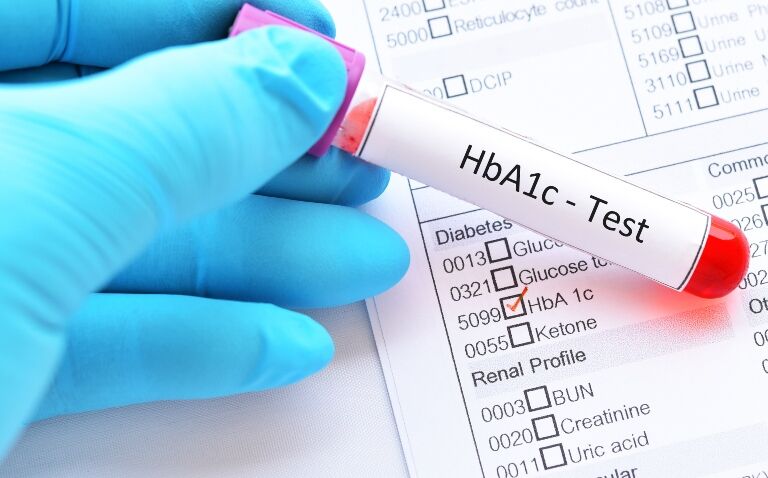Patients who successfully reversed a type 2 diabetes diagnosis though lifestyle changes substantially reduced their cardiovascular disease (CVD) and chronic kidney disease (CKD) risk in the long term, a study has found.
Published in the journal Diabetologia, the results came from a large trial of almost 4,500 participants in which doctors were comparing an intensive lifestyle programme with standard diabetes education and support.
Taking no diabetes medications and having a HbA1c of less than 48 mmol/mol (6.5%) at a single point in time was classed as remission.
Overall, those who achieved remission through the lifestyle changes – in whichever group – had a 33% lower rate of CKD and a 40% lower rate of CVD.
But those who had the most intensive support were more likely to be in remission from their diabetes, with 12% meeting the criteria at least one follow-up and falling to 7% over time compared with around 2% in the regular support group.
Being in remission overall was significantly linked to changes in weight and risk factors over the years, the study found.
Average weight loss associated with remission was 7.3kg after one year and 4.5kg after four years.
There were also significantly greater improvements in HDL-cholesterol and fitness after one and four years, and significantly greater systolic blood pressure improvements after one year among participants with remission compared with those without remission, the team said.
The analysis also showed systolic blood pressure decreased more and HDL-cholesterol increased more among participants who achieved a greater duration of diabetes remission.
There was a dose-response relationship with those who had remission for at least four visits seeing the most impact, the researchers said.
Those taking part in the study – which ran between 2001 and 2016 – had a mean age of 59 years and on average were in the range of severe obesity.
It was noted that while 18% of participants achieved remission at some point during follow-up, the percentage of participants with current remission had decreased to 3% by the eighth year of the study.
The figures underline, the challenges of keeping weight off using lifestyle interventions, the researchers said.
But for those with at least four years of remission the risk of CKD and CVD was reduced by 55% and 49% respectively.
The analysis also noted participants with a short duration of diabetes, low starting HbA1c and a large magnitude of weight loss were most likely to experience remission.
Study lead Professor Edward Gregg, head of the School of Population Health, RCSI University of Medicine and Health Sciences in Dublin, said: ‘As the first intervention study to associate remission with reduction of diabetes-related complications, this is encouraging news for those who can achieve remission from type 2 diabetes.
‘While our study is also a reminder that maintenance of weight loss and remission is difficult, our findings suggests any success with remission is associated with later health benefits.’
Another recent study has found that regular bouts of moderate to vigorous physical activity can protect patients with type 2 diabetes from developing kidney disease.
A version of this article was originally published by our sister publication Pulse.










